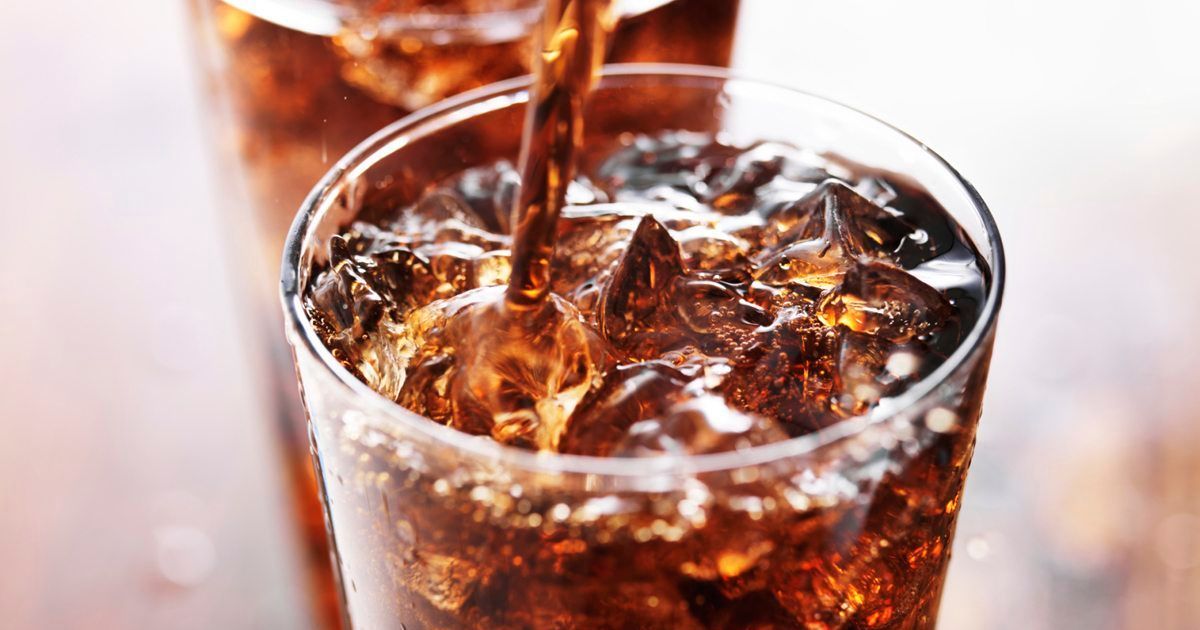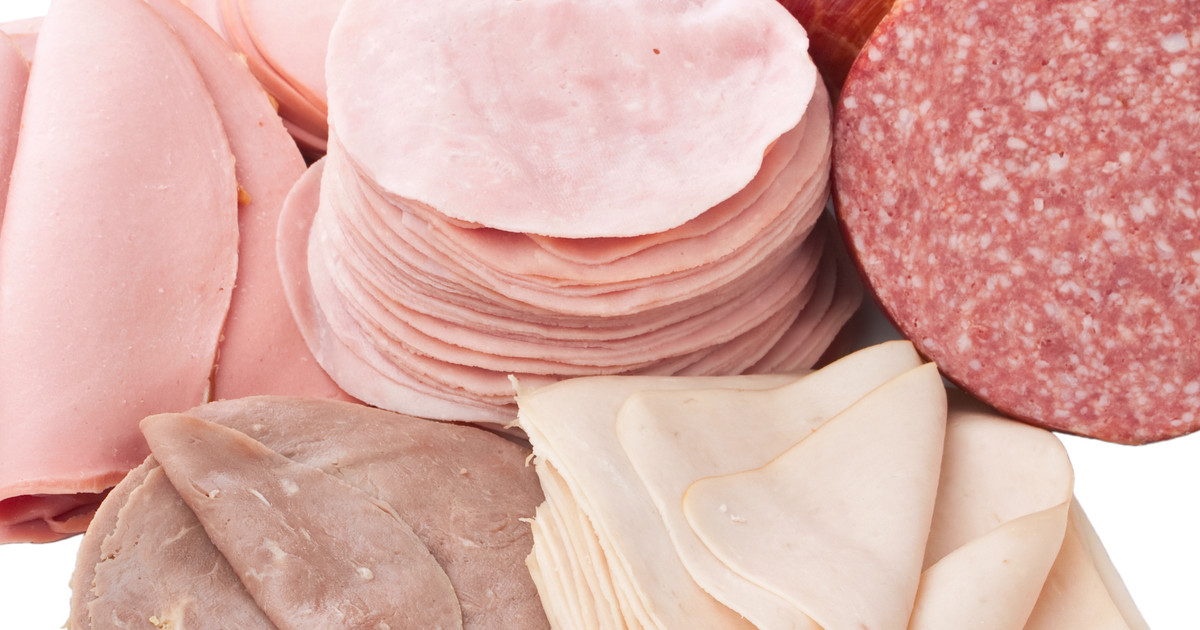Foods To Avoid For Optimal Kidney Health
Your kidneys don’t ask for much—but they do everything. Quietly filtering waste, balancing fluids, regulating blood pressure, and keeping key minerals in check, they work around the clock to keep your body in harmony. But even the hardest workers can burn out—especially when overloaded with the wrong foods. That’s why we’ve expanded our guide to include an updated, science-backed list of Foods to Avoid for Optimal Kidney Health. This isn’t just for people with kidney disease—it’s for anyone who wants to protect these vital organs before trouble starts. From sodium-heavy sauces and phosphate-laced packaged snacks to “health foods” with hidden potassium overloads, we’re calling out the everyday items that can quietly chip away at kidney function. No scare tactics—just smart, clear, practical guidance. Because when you know better, you eat better. And protecting your kidneys doesn’t start in a clinic—it starts in your kitchen. Ready to make the shift? Let’s go.
Dark Sodas

Dark-colored sodas have high levels of phosphorus, which can be harmful to kidney disease patients. While phosphorus is needed to help build healthy bones alongside vitamin D and calcium, those with kidney disease won't be able to process phosphorus efficiently to get the full benefits. This leads to phosphorus building up in the blood, which in turn can weaken bones and cause joint pain. If individuals still want a fizzy drink as an occasional treat, they may be able to drink some lighter sodas, as well as some lemonades. Patients should speak to their doctor and dietitian about whether or not they can safely include these in their diet.
Processed Meat

Individuals with kidney disease or poor kidney function should avoid processed meat, such as hot dogs, sausages, pepperoni, salami, lunch meat, and beef jerky, as these foods are high in protein, sodium, and preservatives. As most patients with kidney disease are recommended to keep their daily sodium intake to two thousand milligrams or less, eating processed meat can quickly take them over the limit. The higher levels of protein can also be harder for compromised kidneys to process. Instead of eating processed meat, individuals should choose portions of fresh, lean meat that fit the protein requirements their doctor or dietitian have set out for them.
